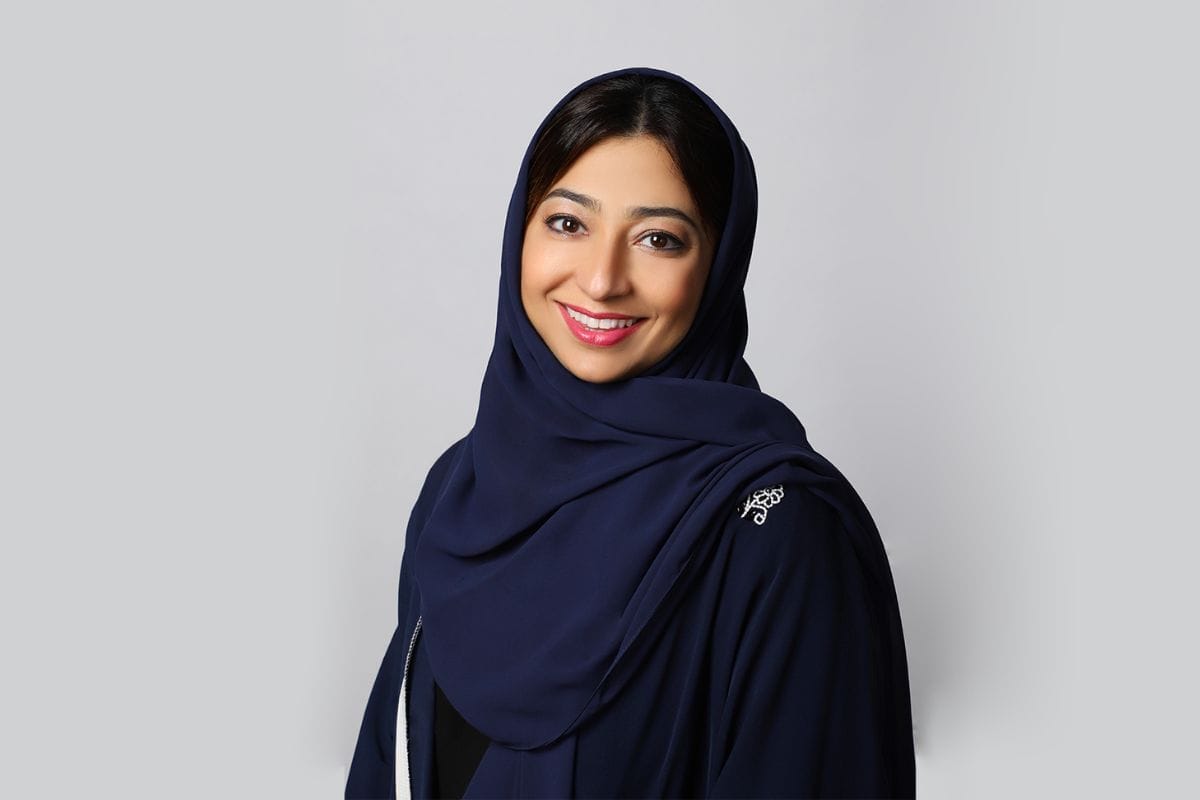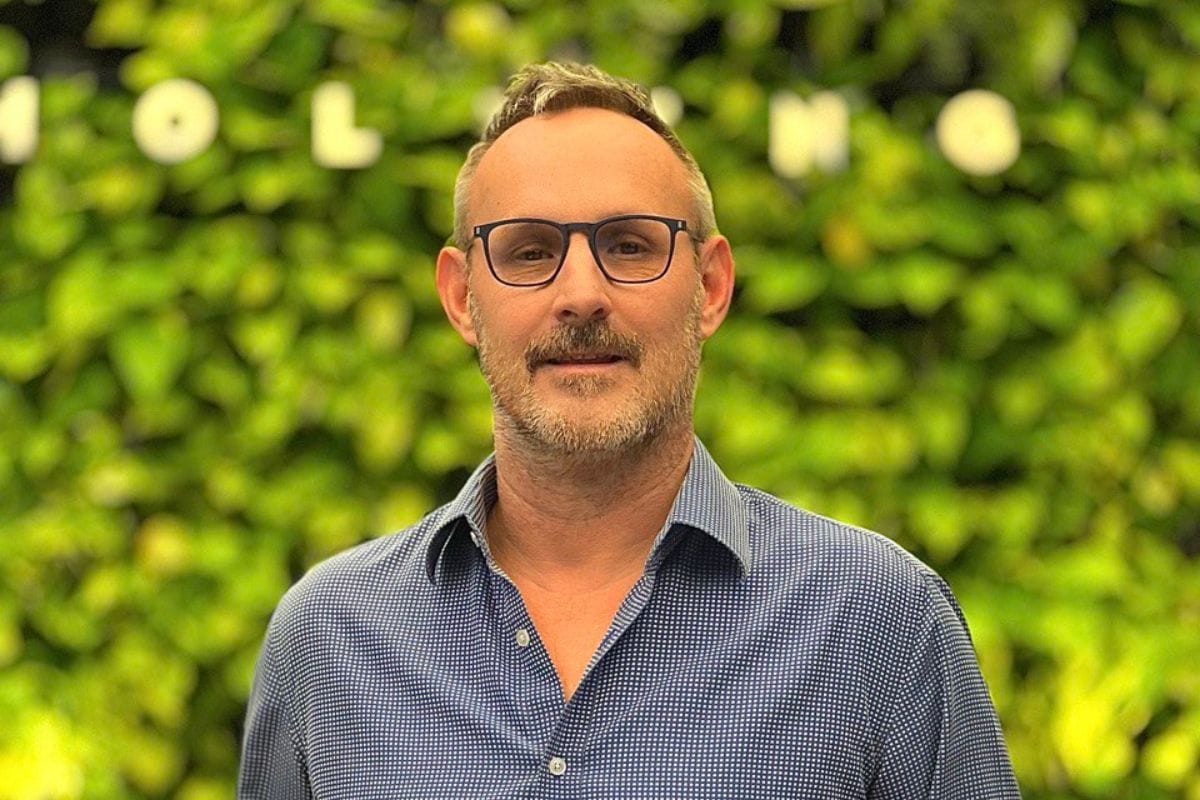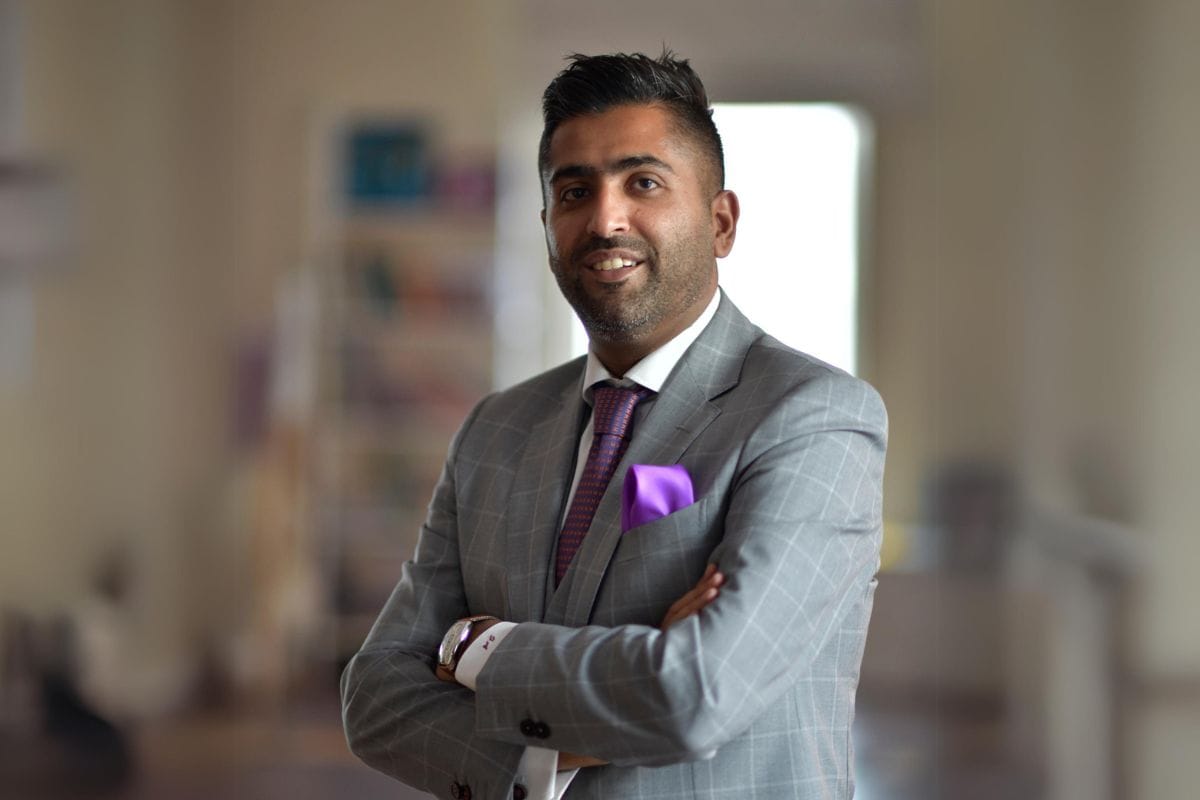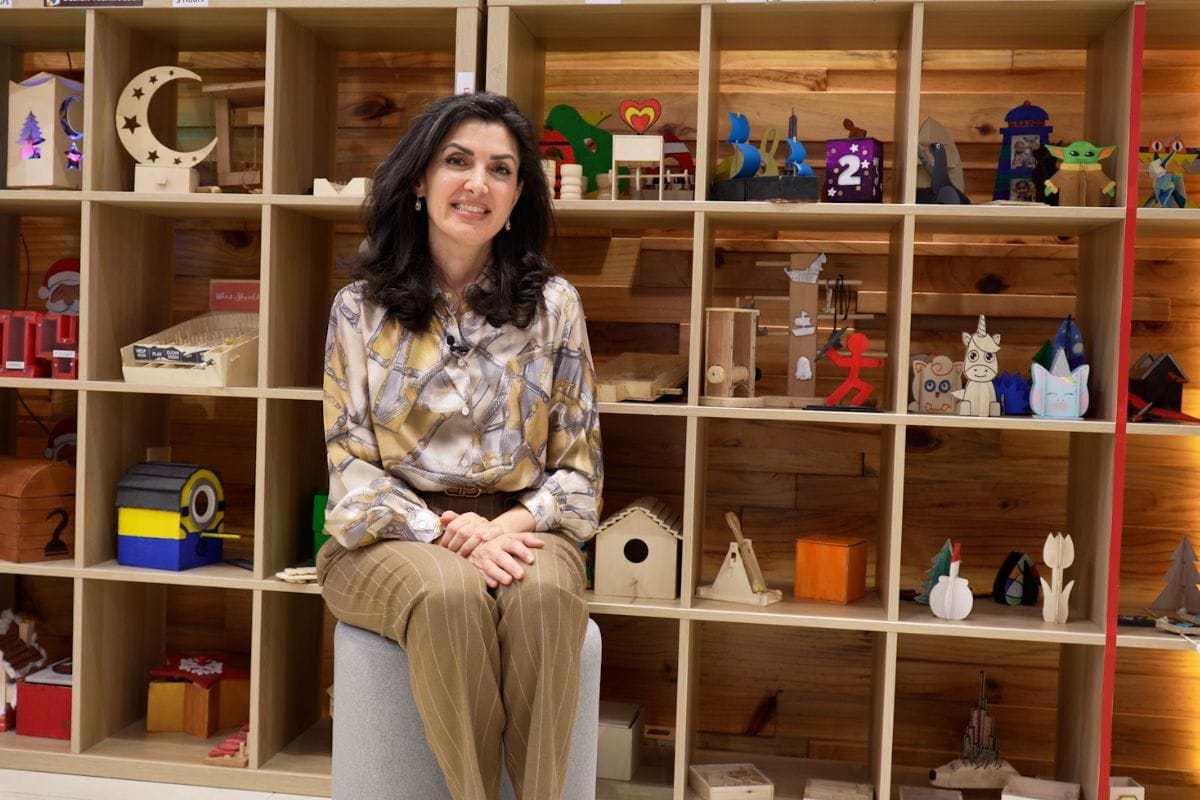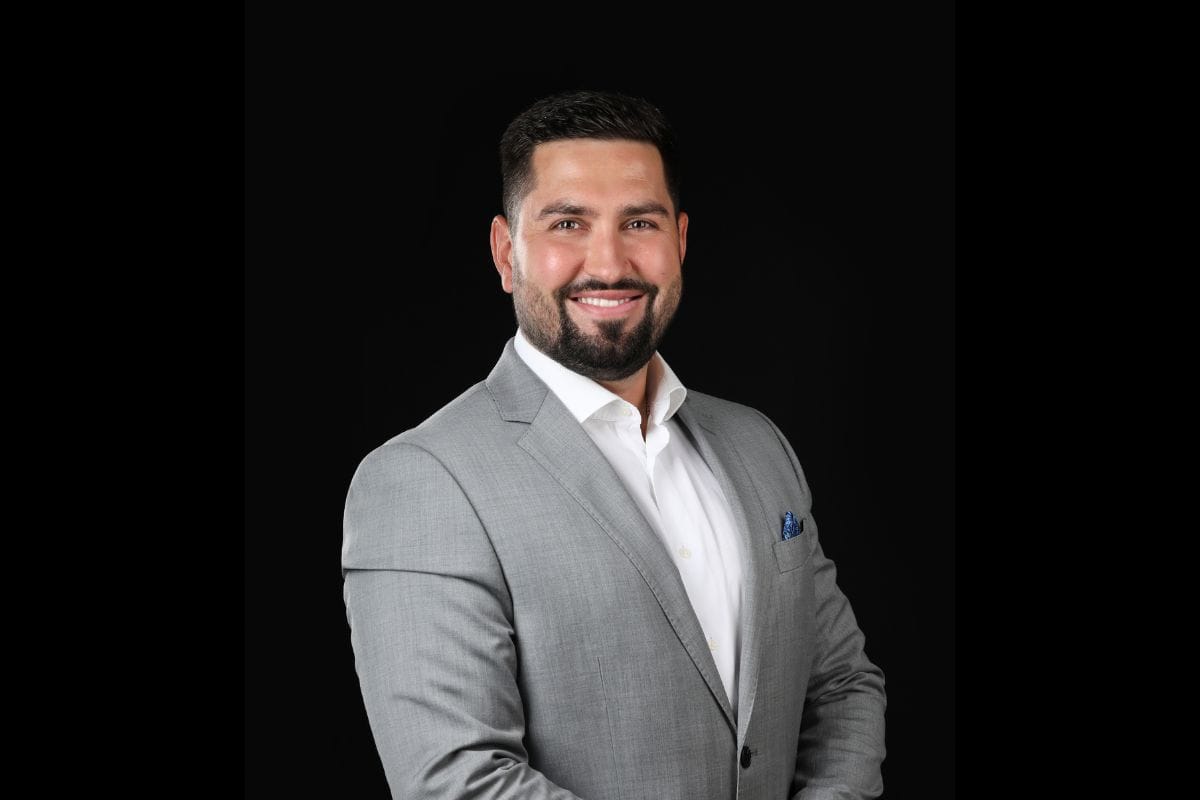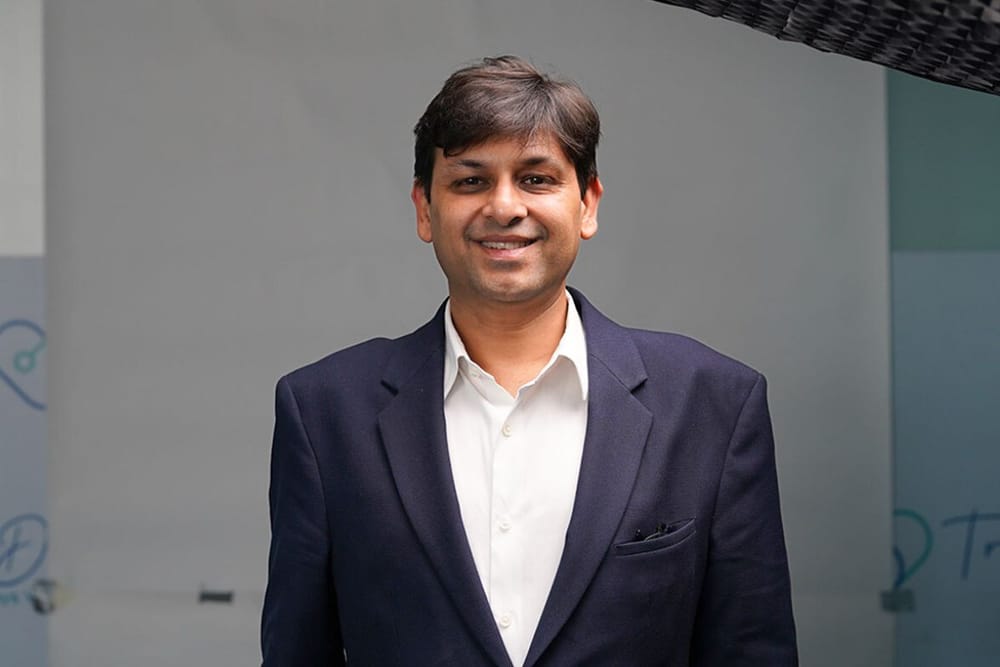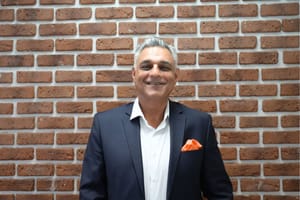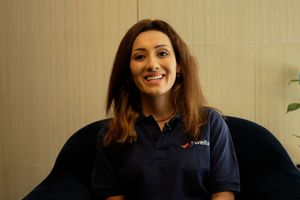Amidst rapid technological advancements and evolving healthcare needs, the landscape of medical services is undergoing a transformative shift. The integration of technology has become pivotal in enhancing accessibility and efficiency.
As a pioneering digital health company, TruDoc Healthcare addresses the ever-growing demands for accessible, efficient, and patient-centric care. With the recent acquisition of Wellthy, TruDoc takes a monumental step in expanding its capabilities to offer comprehensive healthcare solutions that seamlessly integrate acute and chronic care management.
Explore the pioneering journey of TruDoc as Vish Narain, executive chairman, sheds light on the future trajectory and the company's recent acquisition of Wellthy.

Vish Narain's vision for TruDoc Healthcare stems from his extensive experience in global healthcare landscapes like the US, India, and the UK. He observed the rapid growth of digital health companies worldwide, often reaching unicorn status. Recognizing the absence of a prominent digital health entity in the Middle East, he saw an opportunity to revolutionize healthcare delivery in the region. He embarked on the journey to lead TruDoc Healthcare towards becoming the first digital health unicorn in the Middle East and impacting 10 million lives in the next three years.
Established 12 years ago in the UAE, TruDoc is a premier digital healthcare company offering digitally enabled primary healthcare services. The company has grown over the years and currently boasts a subscriber base of 2 million across the Middle East. They specialize in managing acute illnesses alongside doctor consultations.
Spread across multiple countries including the UAE, Saudi Arabia, India, and Nigeria, the team at TruDoc faces the challenge of cultural differences within the diverse markets they serve. Operational functions such as medical practices and IT management must adapt to region-specific nuances such as differing approaches to patient care between two countries. Through programs that facilitate talent rotation between offices, clinicians gain valuable experience in various markets, promoting cultural exchange and mutual learning.

Recently, TruDoc acquired Wellthy, a prominent digital health solutions provider in India. Wellthy focuses on chronic care management, aiding individuals in managing long-term health conditions effectively. Commenting on the acquisition, Narain says,
“TruDoc’s capabilities to manage acute illnesses, complemented with Wellthy’s capabilities of managing chronic conditions together, completes the whole picture.”
This amalgamation empowers the provision of a complete spectrum of services, encompassing teleconsultation, medication delivery, home healthcare, and chronic condition management. With the acquisition of Wellthy, TruDoc expects to significantly enhance their ability to manage chronic conditions, which represent a substantial portion of patient cases in the UAE and Saudi Arabia. With approximately 25% of patients in these regions experiencing chronic conditions, the acquisition provides TruDoc with unique technology capabilities to address this critical aspect of healthcare.
Narain expresses that the acquisition of Wellthy has proven to be mutually beneficial. With the majority of the Wellthy team based in India, the acquisition has provided TruDoc with access to a cost-efficient talent pool for technology development and nutritional expertise. TruDoc’s team has expanded from less than 100 to over 250 employees in the past six months.
Moreover, the acquisition has opened Wellthy to a larger market. Narain says,
"Wellthy now has access to a larger market and support functions, providing them with a wider canvas and benefits of scale."
They now have the opportunity to extend their services beyond India, tapping into a broader spectrum of operations. Additionally, access to TruDoc's support functions, including HR, IT, and medical operations, offers Wellthy a more robust infrastructure and centralized management. This integration into a larger organizational framework allows Wellthy to leverage the scale of managing 2 million lives, providing a stronger foundation for their endeavors.
Despite typical concerns regarding redundancies in acquisitions, both companies have integrated smoothing leading to a successful partnership.
Wellthy has developed a comprehensive approach to managing chronic conditions, beginning with accurate diagnosis facilitated by home blood sample collection. Following diagnosis, patients receive tailored treatment plans, often involving consultations with specialists either online or in person. These treatment plans include medication regimens, nutrition, and exercise routines, all tracked and adjusted through integrated technology such as wearable devices and AI chatbots. Narain says,
"We provide a holistic approach to chronic disease management, including medication, nutrition, exercise, and lifestyle changes, all enabled through technology."
Wellthy’s platform serves as a digital companion empowering individuals to take charge of their health through constant interaction and personalized guidance. This approach is similar to a supportive fitness trainer that provides internal motivation to achieve long-term health goals.

Chronic patients are known to incur significantly higher costs for insurance companies. This makes it essential to have effective management for both healthcare providers and regulators. The model presented by TruDoc Healthcare proves to be more cost-effective and efficient for both clients and patients. Teleconsultations eliminate the need for physical travel, reducing costs associated with clinic rentals and doctor mobility. They are significantly cheaper than physical consultations. It also allows doctors to see more patients in less time. Additionally, the streamlined delivery process for medications, without the overheads of traditional pharmacies, contributes to cost savings.
By prescribing only necessary lab tests, TruDoc avoids unnecessary expenses often incurred in clinics. Moreover, effective chronic disease management reduces medication consumption and hospital visits. This makes it economically advantageous for insurance companies.
In addressing chronic conditions without definitive cure, such as heart failure, TruDoc focuses on enhancing the patient’s overall well-being. Narain emphasizes the importance of ensuring patients feel content despite managing their conditions rather than curing them outright. This approach aims to improve patients' daily lives by fostering greater energy and vitality. TruDoc promotes happier, healthier lives rather than merely extending longevity. Moreover, Narain highlights the significant cost-saving benefits for insurance companies when chronic conditions are managed effectively.
TruDoc Healthcare's ambitions and plans are indeed remarkable. Their vision pivots towards leveraging technology to enhance healthcare delivery. While hospitals play a crucial role in certain medical scenarios, TruDoc's core focus lies in outpatient care, online consultations, and home health services.
Narain acknowledges that while hospitals provide necessary medical care, the comfort of home is often preferred by patients for its familiarity and warmth. However, not all conditions can be managed at home. Therefore, TruDoc focuses on selecting suitable cases such as orthopedic recovery or dialysis, which can be facilitated in a home environment. Exceptions include complex cases like leukemia requiring hospital treatment due to infection risks. They prioritize managing chronic and complex conditions outside of hospital settings, both pre-emptively and post-discharge.
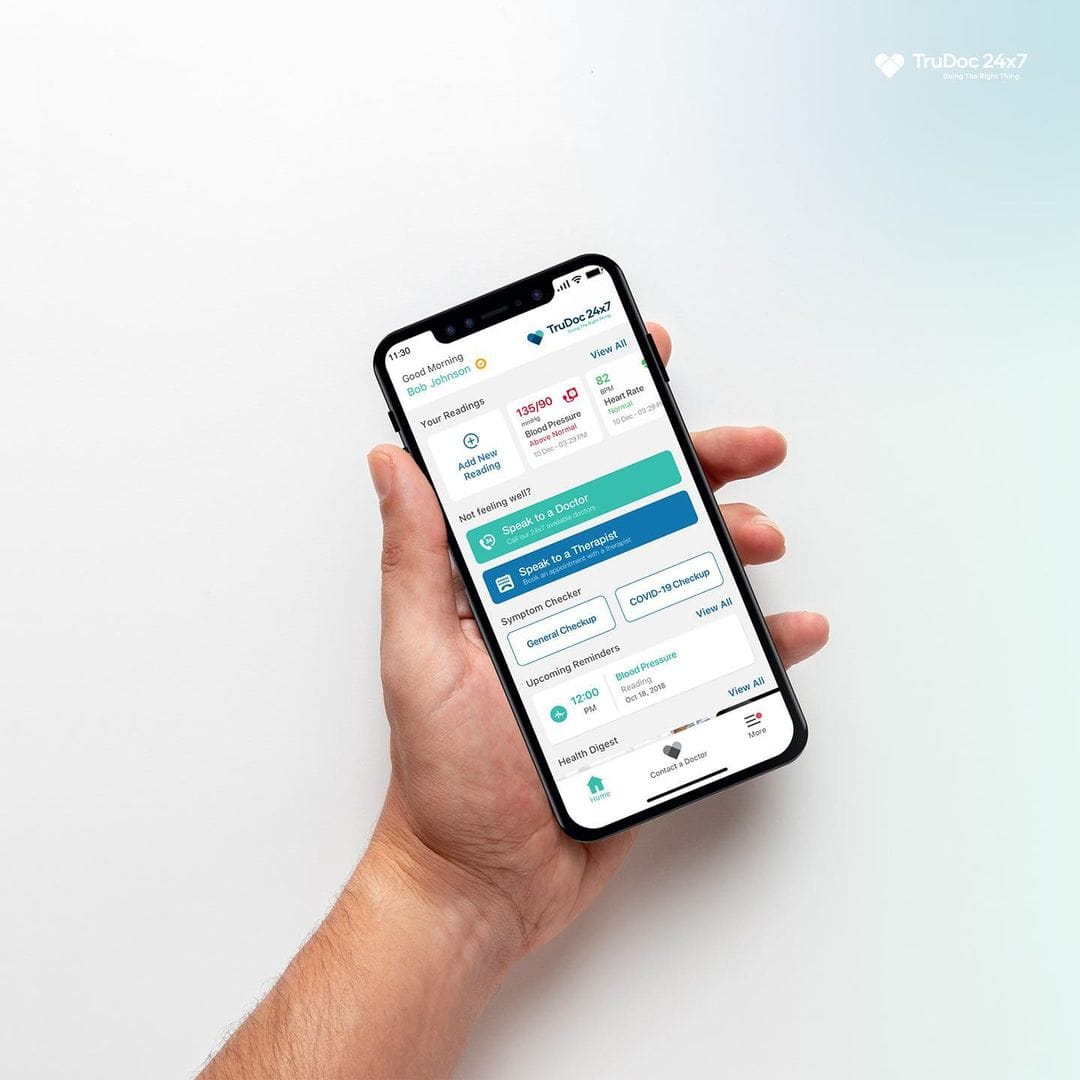
This strategic direction aligns with their mission to provide comprehensive healthcare solutions, particularly catering to elderly patients who may not be well-versed with technology. When tackling the challenge of elderly patients adapting to digital healthcare, there are two primary approaches that TruDoc follows. The first one is maintaining a touchpoint with traditional healthcare providers, as some patients prefer or require in-person consultations. However, digital management of prescriptions and routine check-ups can reduce the need for frequent visits. This hybrid approach, known as a "phygital" experience, combines physical and digital healthcare solutions.
The second approach narrated by Narain involves family members or caregivers who are more tech-savvy. By integrating caregivers into the treatment plan through mobile apps, patients can receive support in managing medications, exercise routines, and nutrition. This ensures that elderly patients benefit from digital healthcare solutions even if they are not comfortable using technology themselves.
For those who lack family support, TruDoc offers various types of caregiver services, ranging from a few hours a day to full-time assistance, depending on the patient's needs, such as those with Alzheimer's or Parkinson's disease. This is particularly crucial in regions like the US, where nuclear families are common, leaving many seniors without adequate support. Additionally, they acknowledge the significance of specialized elder care companies in managing the needs of seniors who may not have access to technology.
In the past, TruDoc Healthcare has partnered with Dubai Health Authority (DHA) for teleconsultations under the ‘Doctor for Every Citizen’ program. This collaboration occurred prior to the implementation of compulsory insurance in Dubai during which DHA facilitated telehealth services through TruDoc doctors. However, with the subsequent universal insurance coverage, teleconsultation services are now provided directly by insurance providers rather than DHA. TruDoc has since established partnerships with approximately 70% of insurance companies in the UAE, including prominent names like Sukoon, AXA, GIG, and ADNIC. As a result, 70% of the UAE population has access to TruDoc's comprehensive healthcare services.
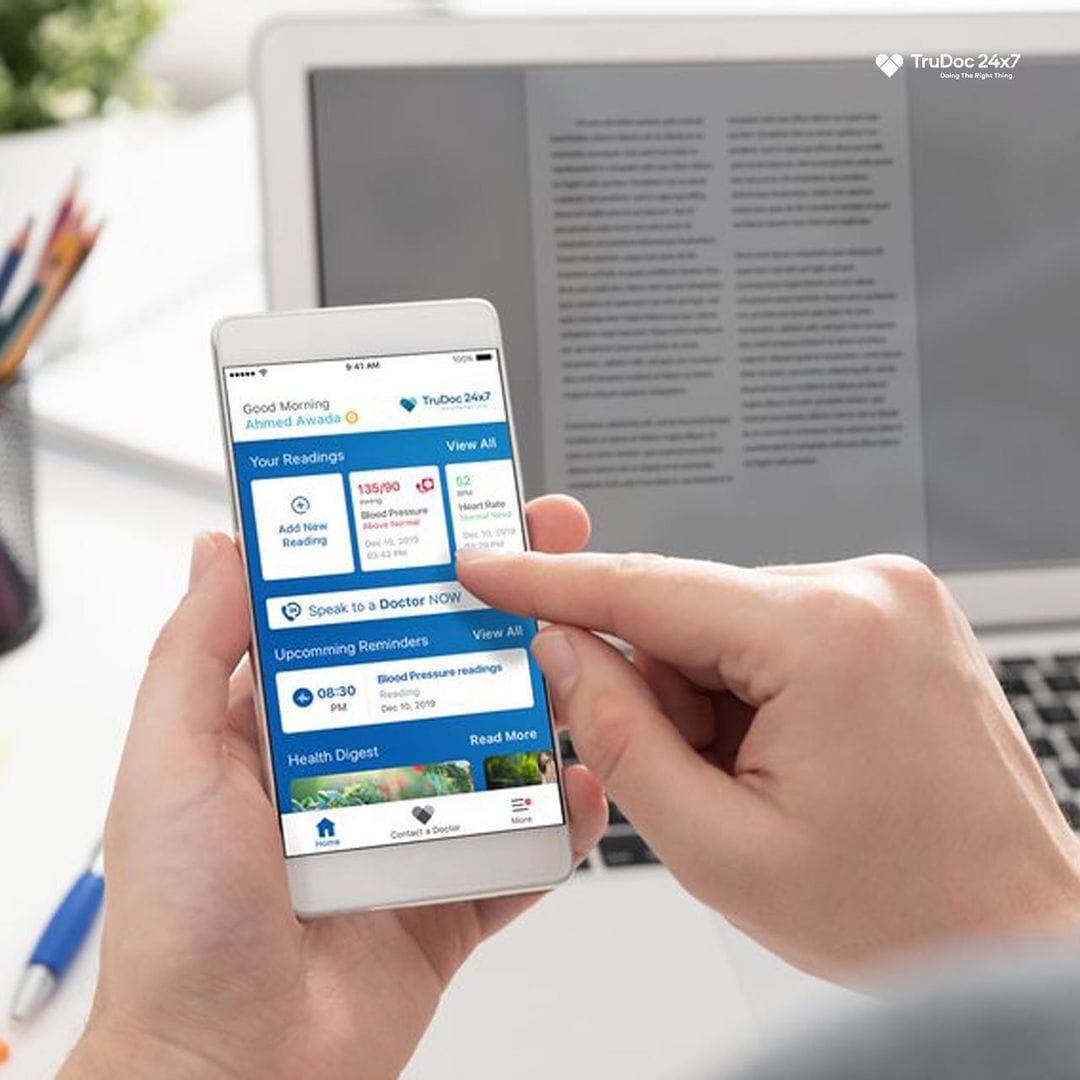
The upcoming projects of TruDoc Healthcare include a significant partnership with Johns Hopkins-Aramco. TruDoc will serve as the exclusive telehealth and home health partner for Saudi Aramco employees. This collaboration will facilitate early discharges from hospitals. In this program, patients undergoing surgeries like knee replacements or orthopedic procedures can stay in the hospital for a shorter duration, followed by remote monitoring and care at home.
Additionally, TruDoc is forging partnerships with major telecom companies in the UAE and Saudi Arabia, aiming to provide teleconsultations, pharmacy deliveries, lab services, and home health care directly through these telecom providers. This innovative approach will expand TruDoc's reach to millions of potential patients.
Looking into the future, Narain explains how the company aims to expand into the Middle East, encompassing smaller nations like Qatar, Kuwait, and Oman. TruDoc also aims to grow its subscriber base to impact 10 million lives. The vision centers on providing digital healthcare services accessible to all, emphasizing the CACO model—cost, access, convenience, and outcomes. This model aims to offer lower-cost solutions, improve access to healthcare, enhance convenience through digital platforms, and ultimately improve health outcomes, particularly for chronic conditions like diabetes.
Acknowledging the challenges that lie ahead, Narain says,
"One of the key challenges is that not everybody is comfortable using teleconsultations. Some still prefer physical visits. We aim to change these mindsets."
Narain aims to change mindsets towards teleconsultations by educating regulators and existing healthcare providers about the benefits of digital healthcare. This will be beneficial for patients with chronic conditions who may struggle to physically access traditional healthcare settings.
With a steadfast commitment to revolutionizing healthcare delivery in the Middle East, TruDoc's journey exemplifies the transformative power of technology in fostering happier, healthier communities.
Watch the full interview:
Also Read:
